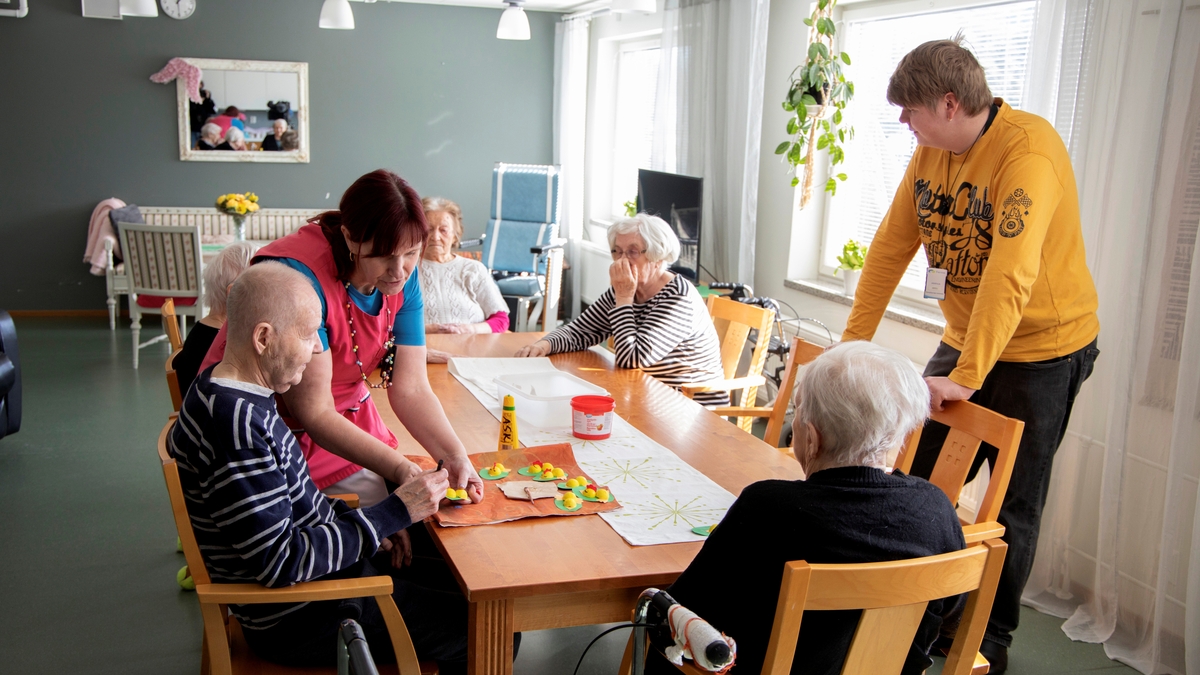Finland is known for its welfare services, and the challenge is to make its presence felt in the field of elderly care. A recent study conducted by the University of Eastern Finland points out serious problems in home care services that have a direct impact on the well-being of workers in this sector and, therefore, on the quality of care provided to older people. It’s affecting. These challenges range from cost-related constraints to labor shortages and pose a significant threat to the future of aged care in this country.
Persistent difficulties in home care
The study identified four main factors that lead to home care worker turnover. First, there is a mismatch between the needs of older clients and the resources available to meet those needs. This disparity places additional strain on workers, who often have to work under harsh conditions with limited resources. Second, measurement-driven practices are time-consuming and undermine the important duty of caring for older people. Third, the demands placed on employees are excessive, leading to stress and job dissatisfaction. Finally, the ethical burden faced by home care workers resulting from the conflict between professional values and the realities of work is a significant factor contributing to turnover.
The impact of new public management (NPM) on aged care
Interestingly, this study also reveals the influence of New Public Management (NPM) on older age policy in Finland. NPM is a management strategy adopted from the private sector that focuses on measuring cost-effectiveness, efficiency, and performance. It is clear that decisions taken at the national level, influenced by NPM principles, have a direct impact on the daily work of home care workers and contribute to turnover rates.
Recognize home care workers as experts
This study highlights the need to recognize home care workers as experts and involve them in the development of the field. Home care is very different from hospital or nursing home settings, and the ethical situations encountered are also different. Policies and practices therefore need to be tailored to this unique environment and listen to the voices of those working on the ground.
Creating value-based metrics for home care
This study highlights the importance of focusing on values and developing specific indicators for home care. These indicators should reflect the quality of care and the well-being of both clients and workers. We need to go beyond simple measurements and consider the complex realities of home care.
Prioritize dialogue between clients and home care workers
One of the key recommendations from this study is to prioritize interactions between clients and home care workers. This is important for building trust, understanding each customer’s unique needs, and ensuring customer happiness. It is also important for employee well-being, as it gives employees a sense of purpose and satisfaction.
call to action
The findings of this study provide a call to action for policy makers, administrators, and society as a whole. Addressing these challenges head on is essential to ensure the well-being of older adults who rely on home care services and to recognize and support the valuable contributions of home care workers. By focusing on values, prioritizing interaction, involving home care workers in decision-making processes, and creating a supportive work environment, it is possible to improve the quality of elderly care in Finland.
